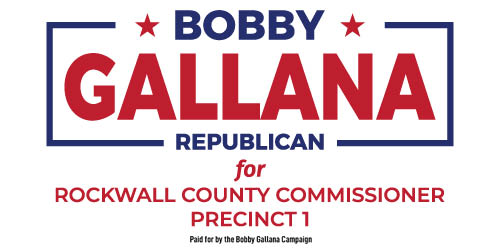 (August 19, 2014) In preparation for my family’s return home from time with grandparents, I’ve been painting over the “scribble-scrabble”—as my children call it—scrawled all over the upstairs bedrooms of our home.
(August 19, 2014) In preparation for my family’s return home from time with grandparents, I’ve been painting over the “scribble-scrabble”—as my children call it—scrawled all over the upstairs bedrooms of our home.
To be clear, this is not a rant. It is nearly axiomatic that a five-year-old, plus smuggled crayons, plus an hour of rest time each day will yield these cave drawings. However, our embarrassment over these rooms had reached a breaking point, and with our children now older and a touch more responsible, we reasoned that it was time to cover their tracks.
The surprising thing about the job is the disproportionate relationship between the effort required to mark the wall and the effort required to cover that mark. In particular, one child had taken the scribble-scrabble to a new level, unleashing a dark green crayon to create what looked like a roller coaster on one wall and a dinosaur about to eat a robot on the other.
In retrospect—hindsight being 20/20—I should have started with a sander instead of a paint brush, but ended up putting no fewer than seven coats of high-end primer on those portions of the wall to cover up the green. What took this child minutes to create required hours to uncreate.
As I applied the third and fourth coats, my “kids will be kids” attitude was gradually overcome by a strong sense of resolve that this would never happen again. I even held a conference call with the children to make known the soreness in my muscles and the lingering fumes in my nostrils.
“What are you never going to do again?”
“Color on the walls,” they replied. Their tone was unconvincing.
Then, as I applied the fifth, sixth and seventh coats, God broke through with the more significant point of the matter: This was a parable of grace.
Grace is a complex color, containing both bright, joyful hues and a deep, mournful tint. It is, as the acronym has it, God’s Riches at Christ’s Expense. Grace is as beautiful, generous and free as it is precious, rare and costly.
When I called my children to communicate muscle soreness and a light head, it was not to shame them or latch a load of guilt onto their backs. I simply wanted them to know what their deeds required of me, in hopes that their love for me and awareness of what I had done for them would change their behavior.
We do not always understand grace. We run around with crayons in our hands even as our Father is finishing the seventh coat of primer. We treat with appalling levity the sin that crucified our Savior. This is what Dietrich Bonhoeffer called “cheap grace,” namely, “the preaching of forgiveness without requiring repentance, baptism without church discipline…absolution without personal confession.”
The true life of grace was described by the Apostle Peter as one of awe, reverence, and fear: “conduct yourselves with fear throughout the time of your exile, knowing that you were ransomed from the futile ways inherited from your forefathers…with the precious blood of Christ, like that of a lamb without blemish or spot” (1 Peter 1:17–19; ESV).
In my parental fantasy world, my children held a serious conversation after our conference call, and one of them said, “Hey guys, dad is working really hard on our rooms; let’s never draw on the walls again.” Then they all put their hands in, and on the count of three yelled something about how much they love their dad.
As unlikely as that may be, it captures the heart of Christian fellowship and accountability. We have a Father who loves us eternally and a Christ whose body was broken and blood was shed to make us fellow children in this divine family.
In light of this profound mercy and sacrifice, let us love our God and resolve together to trust and obey.
Chris Davis serves as preaching pastor at Whitton Avenue Bible Church in Phoenix, where he lives with his wife, Rachael, and their three young “scribblers.”



